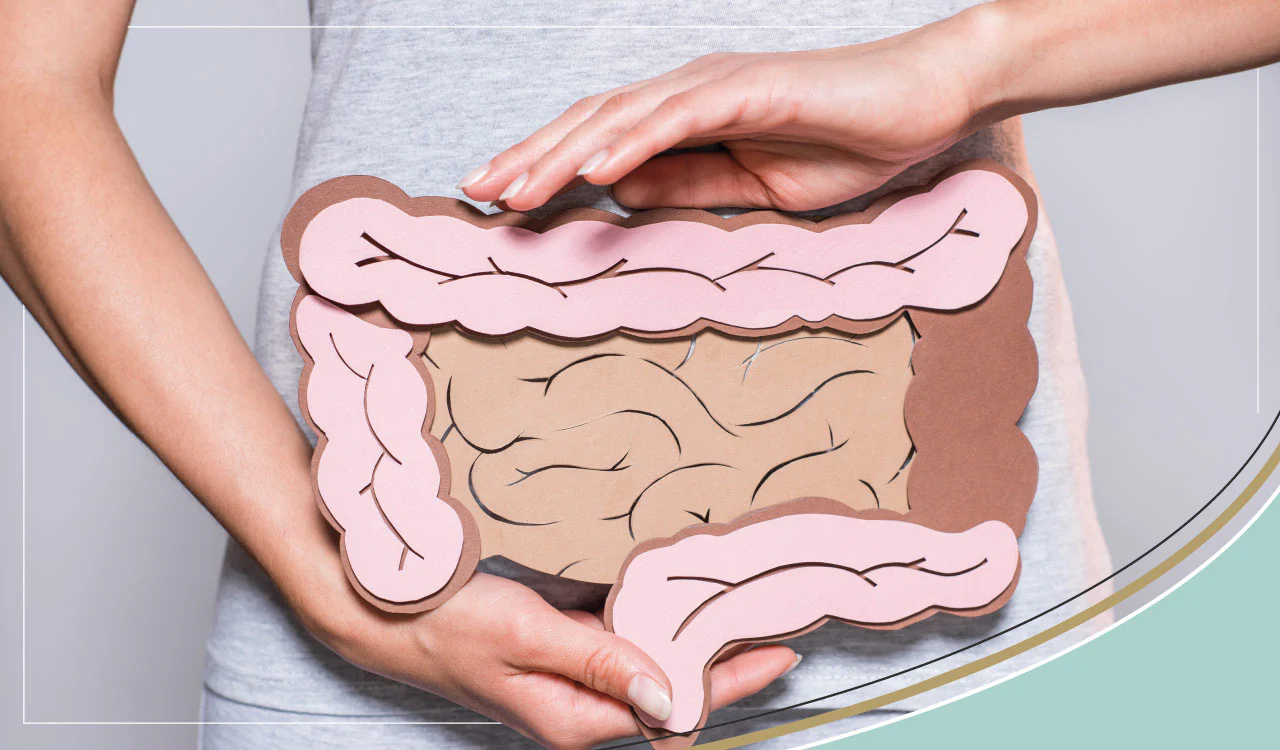Suppose a tool that not only helps manage blood sugar but also directly addresses one of the most complex challenges in modern health: sustained weight loss. For millions, this isn’t just a fantasy—it’s the promise of a new class of medications, with Lepbound (the weight-management version of tirzepatide) leading the charge.
This isn’t another fad diet or a temporary fix. Lepbound represents a significant shift in how we understand and treat obesity, a chronic condition influenced by biology, not just willpower. If you’ve ever felt like your body was working against you in your health journey, this article will explain the science behind why that happens and how this new medication aims to help.
Why Lepbound Matters in Today’s Healthcare Landscape
For decades, the conversation around weight loss has been oversimplified. The message was often just “eat less, move more.” While nutrition and exercise are irreplaceable pillars of health, science now shows us that obesity is a multifactorial disease. Hormones, genetics, and brain chemistry all play a powerful role in regulating appetite, metabolism, and body weight.
Lepbound enters this landscape as a targeted therapy. It’s approved for chronic weight management in adults with obesity (BMI ≥30) or who are overweight (BMI ≥27) and have at least one weight-related condition, such as hypertension, type 2 diabetes, or high cholesterol. Its emergence is changing the dialogue from one of blame to one of biology and medical support.
How Does Lepbound Actually Work? Think of It as a Symphony Conductor
To understand Lepbound, it helps to think of your body’s digestive system as a complex orchestra. Hormones are the musicians, each playing a part to signal hunger, fullness, and blood sugar levels. In many people, these signals can be out of tune.
The active ingredient in Lepbound is tirzepatide. It’s not a single instrument but a masterful conductor for two key players:
- GLP-1 (Glucagon-like peptide-1): This hormone tells your pancreas to release insulin after you eat, which lowers blood sugar. It also slows down digestion and tells your brain you’re full.
- GIP (Glucose-dependent insulinotropic polypeptide): This hormone also helps manage blood sugar and may have beneficial effects on fat metabolism.
Lepbound is a “dual-agonist,” meaning it activates both the GLP-1 and GIP receptors. By enhancing the natural effects of these two hormones, it tackles weight management from multiple angles:
- Reduces Appetite: It acts on the brain’s hunger centers, making you feel satisfied with less food.
- Slows Digestion: It keeps food in your stomach longer, promoting a lasting feeling of fullness.
- Improves Blood Sugar Control: It helps your body manage insulin more effectively.
This multi-target approach is why clinical trials have shown such promising results.
Seeing the Results: What the Clinical Trials Revealed
The potential of Lepbound wasn’t born from hype; it was demonstrated in large-scale, rigorous clinical trials. The most notable one for weight management was the SURMOUNT program.
In the SURMOUNT-1 trial, participants receiving the highest dose of tirzepatide (15 mg) saw an average weight reduction of:
- 20.9% of their body weight after 72 weeks.
That’s a level of efficacy previously seen only with bariatric surgery. To put that into perspective, a person starting at 250 pounds could expect to lose approximately 52 pounds on average. These results were significantly greater than those seen in the placebo group.
Read also: Wepbound: The 2023 Weight Loss Breakthrough You Need to Know About
The data can be broken down simply:
| Trial Feature | Result (Highest Dose – 15 mg) | Significance |
| Average Weight Loss | 20.9% of body weight | Demonstrates powerful efficacy |
| Participants losing ≥5% | 96% of participants | Shows consistency of response |
| Common Side Effects | Nausea, diarrhea, constipation | Mostly gastrointestinal and often temporary |
Navigating the Practicalities: How to Use Lepbound
Lepbound isn’t an oral pill; it’s a once-weekly injection that patients can self-administer at home. It comes in a pre-filled, single-dose pen, much like insulin or other injectable medications. The needle is very small, and most people find the process quick and relatively painless.
The treatment starts with a low dose to help your body adjust and minimize side effects. Over several weeks, your doctor will gradually increase (“titrate”) the dose to the target maintenance level that’s right for you.
It’s crucial to remember that Lepbound is a tool, not a magic wand. For the best and most sustainable results, it’s designed to be used in conjunction with:
- A reduced-calorie diet
- Increased physical activity
- Ongoing counseling and support
This comprehensive approach addresses the condition from all sides, building healthy habits that can last a lifetime.
Considering Lepbound? Here’s What to Discuss With Your Doctor
While exciting, Lepbound is a powerful prescription medication and isn’t for everyone. An open and honest conversation with your healthcare provider is essential. Here are key points to cover:
- Your Full Health History: Discuss any past or present medical conditions.
- Current Medications: Include all prescriptions, over-the-counter drugs, and supplements.
- Potential Side Effects: The most common are gastrointestinal, like nausea, vomiting, diarrhea, and constipation. These often subside as your body adjusts.
- More Serious Risks: Your doctor will screen for potential risks of thyroid tumors, pancreatitis, gallbladder problems, and kidney issues.
- Cost and Insurance Coverage: This is a critical practical step, as these medications can be expensive. Check with your insurance provider to understand your plan’s coverage for weight management medications.
The Future of Weight Management is Evolving
The development of Lepbound and similar medications marks a new era. We are moving away from stigmatization and toward a more empathetic, scientific, and effective model of care. It validates the experiences of those who have struggled with their weight despite their best efforts.
Research is ongoing, and scientists are continually learning more about the gut-brain axis and how to harness it for health. Lepbound is a massive leap forward, but it is likely just the beginning.
3 Actionable Takeaways From the World of Lepbound
- Reframe Your Thinking: If you struggle with weight, understand that biology plays a major role. It’s not a personal failing.
- Talk to a Professional: If your BMI is in the overweight or obese category and you have related health issues, have a conversation with your doctor. Ask if newer medical interventions might be a suitable part of a broader health plan for you.
- Focus on Sustainable Habits: Whether using medication or not, lasting health is built on a foundation of nutritious food, regular movement, and mental well-being. These are the non-negotiable pillars that any tool must support.
What aspect of this new approach to weight management resonates most with you?
FAQs
Q1: Is Lepbound the same as Mounjaro?
Yes, essentially. Lepbound is the brand name for tirzepatide when it is prescribed specifically for chronic weight management. Mounjaro is the brand name for the exact same molecule (tirzepatide) when it is prescribed for type 2 diabetes.
Q2: How much weight can you lose in a month on Lepbound?
Weight loss varies by individual. In clinical trials, participants saw gradual and sustained loss over 72 weeks. Initial weight loss in the first month may be more modest as the dose is slowly increased to manage side effects. The impressive results (e.g., 20%+) are seen over a long-term period.
Q3: What is the #1 side effect of Lepbound?
The most common side effects are gastrointestinal, with nausea being the most frequently reported. These effects are usually mild to moderate in severity and tend to decrease over time as the body adapts to the medication.
Q4: Can you ever stop taking Lepbound?
Obesity is a chronic condition, and medications like Lepbound are designed for long-term use. Similar to medications for high blood pressure, if you stop taking it, the biological mechanisms that help regulate weight and appetite will likely revert, potentially leading to weight regain. This is why it’s used as part of a lasting lifestyle change.
Q5: Does Lepbound make you tired?
Fatigue is not one of the most commonly reported side effects. However, any major dietary change or calorie reduction can sometimes lead to feelings of tiredness. If significant fatigue occurs, it’s important to discuss it with your doctor to rule out other causes.
Q6: How do you get Lepbound?
Lepbound is only available with a prescription from a licensed healthcare provider. You cannot get it over the counter. A doctor will need to evaluate your health history, BMI, and weight-related conditions to determine if it is an appropriate and safe treatment for you.
Q7: Is the weight loss from Lepbound permanent?
The medication works for as long as you are taking it as part of a healthy lifestyle. Clinical trials showed that people maintained the weight loss while on the drug. If the medication is discontinued, studies show that weight is often regained, highlighting its role as a ongoing treatment for a chronic condition.
You may also like: Tips to Lose Weight: Sustainable Lifestyle Changes











